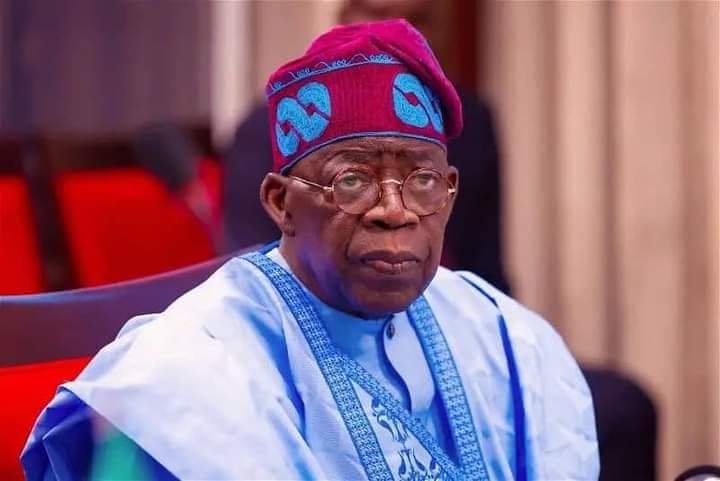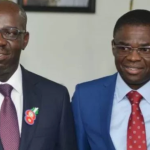In a recent survey conducted by Lagos-based public perception consulting and strategic communication firm, CMC Connect LLP, in collaboration with Analysts Data Services and Resources (ADSR), a comprehensive insight into Nigerians’ opinions about the prospects of their nation’s progress under President Bola Tinubu’s administration has emerged.

The survey, encompassing a diverse pool of 1,714 participants across Nigeria’s six geopolitical zones, unveiled contrasting viewpoints regarding the initial 60 days of President Tinubu’s tenure.
The findings disclose that a significant 62 percent of those surveyed express optimism in Nigeria’s forward trajectory under President Bola Tinubu’s leadership. Conversely, the remaining 38 percent harbor reservations about the nation’s advancement within the current administration.
The results reveal a multifaceted assessment of the first 60 days of President Tinubu’s governance, wherein respondents’ contentment levels display fluctuations. While there is an overarching sentiment of reduced satisfaction with the administration’s initial actions, the respondents exhibit a markedly positive outlook on Nigeria’s future under the ongoing governance.
The survey dissects various policy decisions and actions undertaken during the initial phase of President Tinubu’s term. Noteworthy among these is the suspension of Godwin Emefiele as the Central Bank of Nigeria’s governor and Abdulrasheed Bawa’s appointment as the chairman of the Economic and Financial Crimes Commission (EFCC). A substantial majority of participants express approval of these changes.
Furthermore, the report highlights the public reception of the legal recognition of both the existing and revamped naira notes. However, reservations regarding the proposed elimination of electricity subsidies arise due to concerns about potential energy cost escalations.
Exchange rate unification and the president’s ambitious target of achieving a 6 percent average growth rate over the next four years elicit a moderate level of satisfaction from the respondents.
However, the composition of the ministerial list triggers substantial dissatisfaction among the participants, underscoring the perceived significance of a diverse and representative cabinet selection.
The report identifies the removal of petrol subsidies as a contentious issue, generating a mix of views among the respondents. The proposal’s sensitive nature surfaces in strong concerns and a notable portion of disheartened respondents, emphasizing the complexities associated with energy policy adjustments.
Other policy moves such as the proposed expansion of land border openings, the distribution of fertilizers and grains to agricultural stakeholders, and the appointments of Service Chiefs and the dissolution of governing boards of government agencies receive favorable endorsements.
The survey delves into various economic aspects as well. While the suspension of the import tax change levy on specific vehicles and the introduction of a green tax on single-use plastics and excise duty escalation on domestically manufactured products garner positive reactions, the establishment of the Nigerian education loan fund generates varied satisfaction levels, indicative of the intricate challenges linked to education financing.
The report additionally delves into the demographic composition of the survey’s respondents. Results indicate that 67 percent of participants exercised their voting rights in the last election, whereas 33 percent abstained from voting.
The political spectrum represented in the survey reveals that 51 percent voted for the All Progressives Congress (APC), 5 percent for the People’s Democratic Party (PDP), 32 percent for the Labour Party (LP), 2 percent for the New Nigeria People’s Party (NNPP), and the remaining 10 percent favored other political parties.
In conclusion, the survey captures a diverse array of sentiments and viewpoints within the Nigerian populace concerning President Bola Tinubu’s nascent administration. The findings underscore the complexity of public perceptions and the multifaceted nature of governance decisions in a nation striving for progress.





Comments are closed.